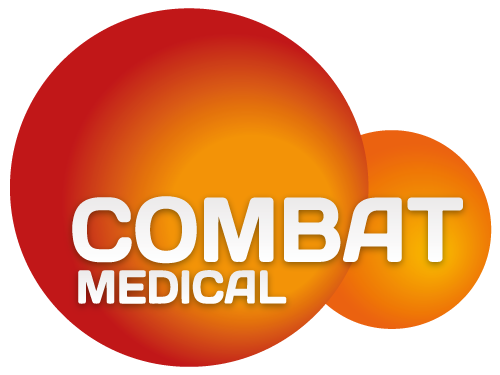New Game-Changing, UK-Based Technological Innovation: The miONCO-Dx Cancer Test
An inexpensive blood test that can identify the presence of 12 of the most common and lethal cancers – including cancer of the bladder and bowel – at an early stage, with over 99% accuracy in initial testing?
Sounds too good to be true, but it’s just been awarded UK government funding for a nationwide trial.
Introducing miONCO-Dx
Enter miONCO-Dx, a groundbreaking blood test developed by Xgenera in collaboration with the University of Southampton. This test promises to detect 12 of the most common and lethal cancers, including bladder and bowel cancers, at an early stage with over 99% accuracy. It works by measuring microRNA in blood samples, then using AI to identify the presence and location of any cancer. What’s more, initial research has shown that the technology performed as well in early-stage cancer as in later-stage disease.
The Science Behind microRNA and Cancer Detection
MicroRNAs (miRNAs) are small, non-coding RNA molecules that play important roles in regulating gene expression. In cancerous cells, the expression patterns of miRNAs are often altered, making them valuable biomarkers for cancer detection. miONCO-Dx takes advantage of this by measuring specific miRNA signatures in blood samples, allowing for the identification of cancerous activity even before symptoms manifest.
Leveraging AI for Precision Diagnostics
The integration of AI into miONCO-Dx’s diagnostic process enhances its precision and efficiency. AI algorithms analyse the complex miRNA data, identifying patterns indicative of specific cancer types and their locations within the body. This fusion of molecular biology and machine learning ensures high accuracy and rapid results, making miONCO-Dx a potent tool in the early detection arsenal.
Insights from Initial Trials
Initial studies involving over 20,000 patients have demonstrated miONCO-Dx’s remarkable accuracy, detecting 12 types of cancer at early stages with over 99% precision. The chance of being able to revolutionise cancer diagnostics is a very exciting prospect, and the miONCO-Dx test is made even more appealing by the fact that it is not only reliable, but also non-invasive, swift, and cheaper than traditional methods.
Comparison with Existing Screening Methods
Compared to conventional screening techniques, miONCO-Dx offers several advantages:
- Non-Invasive: Requires only a small blood sample, eliminating the need for more invasive procedures like biopsies.
- Comprehensive: Capable of detecting multiple cancer types simultaneously.
- Rapid Turnaround: Delivers results faster, facilitating timely interventions.
- Cost-Effective: Potentially reduces the overall cost of cancer diagnostics by minimising the need for multiple tests and procedures.
The UK Government’s Investment in miONCO-Dx
The UK government, in collaboration with the National Institute for Health and Care Research (NIHR), has allocated £2.4 million to support the development and clinical validation of miONCO-Dx. If it proves successful, the test could be rolled out across the NHS within two years, potentially being used in national screening programmes and reducing the need for invasive, more expensive testing.
The Nationwide Trial
The funded clinical trial will involve 8,000 participants, encompassing individuals diagnosed with various cancers and those without any signs of the disease. The main aims include:
- Validating Accuracy: Confirming the test’s efficacy across diverse populations.
- Assessing Practicality: Evaluating the test’s feasibility for routine clinical use.
- Determining Cost-Effectiveness: Analysing the economic implications of widespread implementation.
Economic and Operational Benefits for the NHS
The adoption of miONCO-Dx would offer substantial benefits to our struggling NHS, including:
- Resource Optimisation: Reducing the reliance on more resource-intensive diagnostic procedures.
- Cost Savings: Lowering treatment costs by catching cancers early when they’re more treatable.
- Improved Patient Outcomes: Enhancing survival rates and quality of life for patients through timely diagnosis and treatment.
Global Implications
The success of miONCO-Dx in the UK could pave the way for international collaborations, bringing this innovative diagnostic tool to healthcare systems worldwide. Such global adoption could standardise early cancer detection practices, benefiting patients all over the world.
In Conclusion
We at Combat Medical are eagerly awaiting the results of the miONCO-Dx trial. There is significant room for improvement in early cancer detection, and the promise of a non-invasive, accurate, and efficient method for diagnosing cancer is very appealing indeed. With substantial government backing and promising initial results, it holds the potential to transform cancer care in the UK and beyond. We can’t wait for the broader implementation of this life-saving technology.

